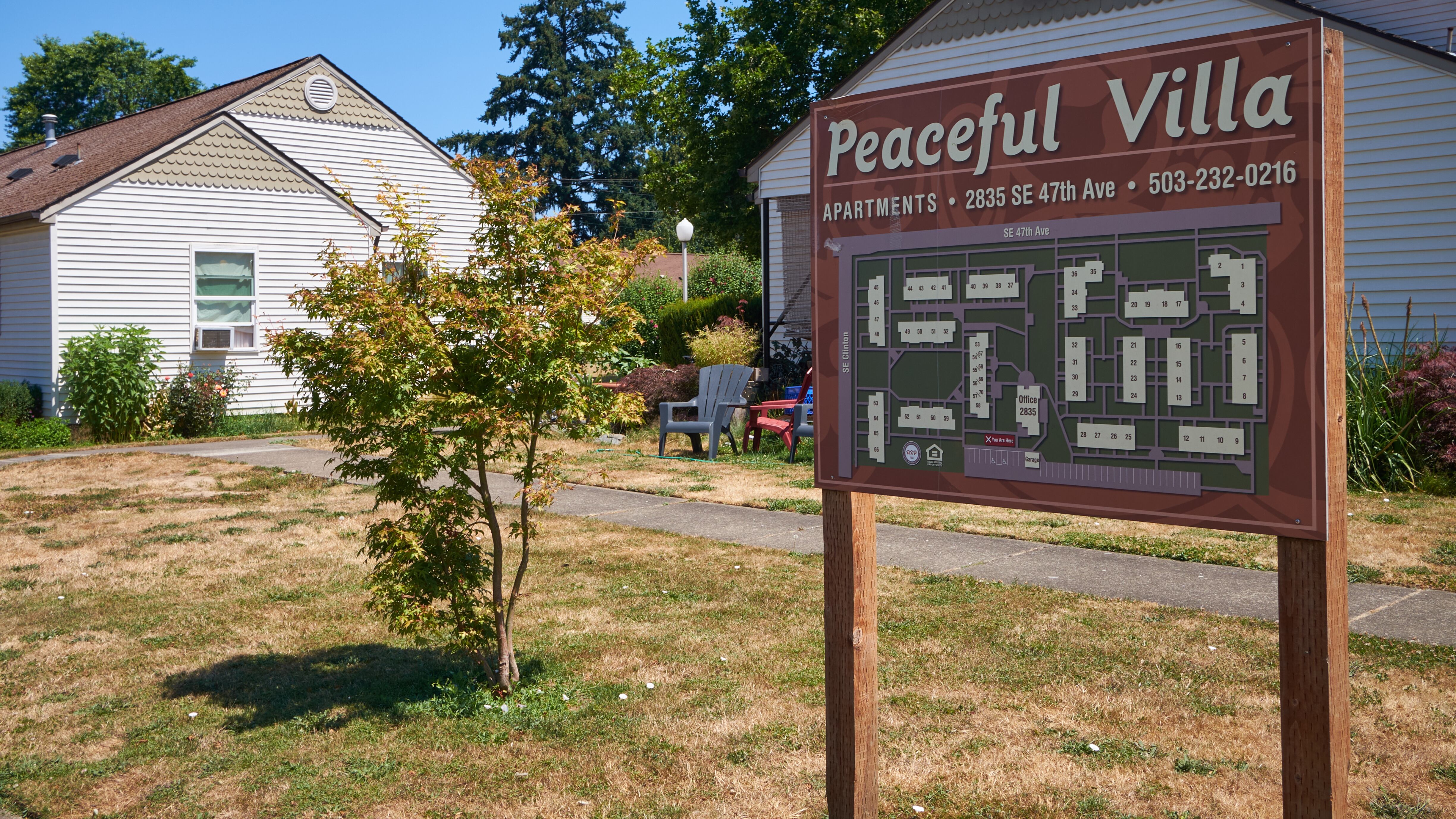During the recent record-shattering heat wave, some parts of Portland were hotter than others. “Heat islands”—areas with few trees and lots of concrete—can experience temperatures more than 20 degrees higher than greener neighborhoods. In Portland, many of those areas are concentrated in East Portland along Interstate 205 and other arterial highways (“The Hottest Place in Portland,” WW, July 14, 2021). Dr. Vivek Shandas, a Portland State University professor who studies climate change, has been warning about the danger that heat islands pose to Portlanders for a decade. The heat wave killed 71 people in Multnomah County, and nearly a quarter of those deaths occurred in ZIP codes that Shandas had previously identified as high-risk heat islands. Here’s what our readers had to say:
Cassandra D Ross, via Facebook: “They really need to require some kind of air conditioning in these disabled and low-income apartments. Many of these elders and disabled people can’t afford expensive window units. Our infrastructure is wholly unprepared for this, but we need to adjust quickly. Or see more and more heat- or fire-related deaths every year.”
Dubious, via wweek.com: “These hyperthermia stories imply the landlords had responsibility for their tenants’ health. It would have been compassionate if they’d checked on tenants, but are they actually responsible? What are the legal obligations of landlords running low-income housing?”
Janet Bean, via Facebook: “‘Residents have to provide their own air conditioning.’ Are political leaders aware that, even if it were financially possible, there were NO AC units available for sale anywhere?”
Jeff Roth, via wweek.com: “Three days of a freak heat event and people want to completely redesign the whole city over it. I live near that intersection, it was 90 inside my house with four portables running. I would certainly like more green space in my neighborhood instead of empty lots used for illegal dumping and porta-potties all over the place. A little perspective, though, people; Phoenix is like that for six to seven months of the year where the LOW is in the 90s. We get it for a handful of days a year (and never before like we just had), so I don’t know if we need to start painting everyone’s roof white just yet. And no, not everyone in Phoenix has AC, many people get by with swamp coolers alone.”
@serialjohhny, via Twitter: “Or, you know, just buy everyone an air conditioner. Problem solved.”
@D_Neal70, via Twitter: “When you’re disabled, and it’s really hot out, it zaps your energy and you can barely make it out of bed. I know this firsthand, I am on assisted oxygen for scarred lungs from blood clots. When I have to go out in 80-plus-degree temps, it sometimes takes me two days to recover in bed.”
Malika Edden Hill, via Facebook: “It feels like we have to stop the passive notifications and actually meet people where they are at. We need to provide transportation and engage people rather than relying on things like call centers.”
Madeline Criswell, via Facebook: “I live in an RV, but am lucky enough to live on someone’s property with one side of my RV in the shade. Even then I still had to cover my windows with tinfoil and have two air conditioners going at the same time on each side of my 30-footer for it to stay at a ‘cool’ 85 degrees all day. I can’t imagine the pain and misery these people died in without any of those necessities. This was entirely preventable, and blood is on the hands of those in charge who could have helped. Anyone who pooh-poohs the idea of helping vulnerable people survive a heat wave in any way they can is the definition of evil and lacking empathy.”
Letters to the editor must include the author’s street address and phone number for verification. Letters must be 250 or fewer words.
Submit to: 2220 NW Quimby St., Portland, OR 97210.
Email: mzusman@wweek.com

